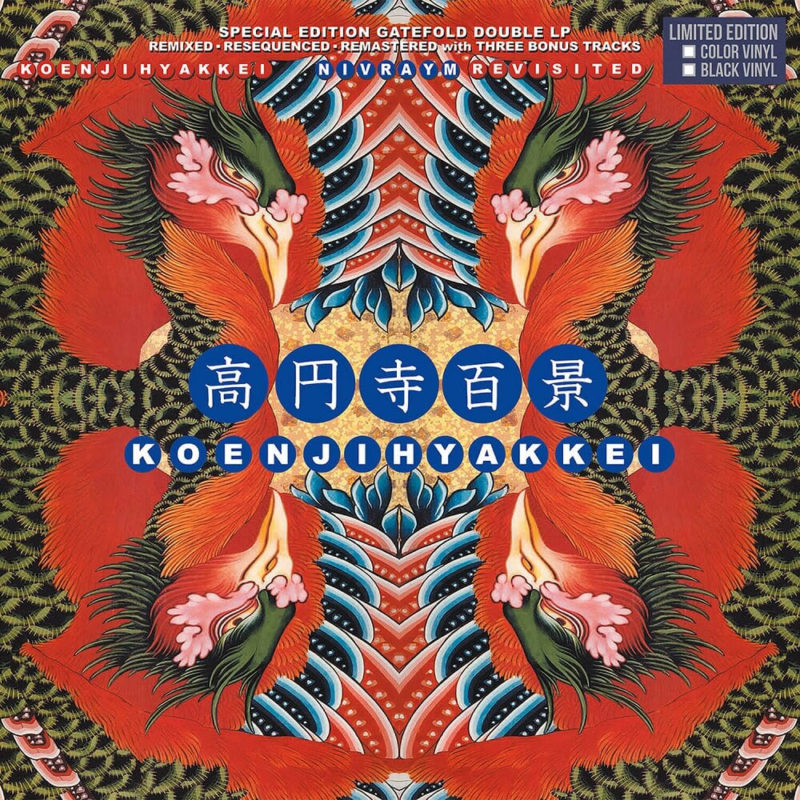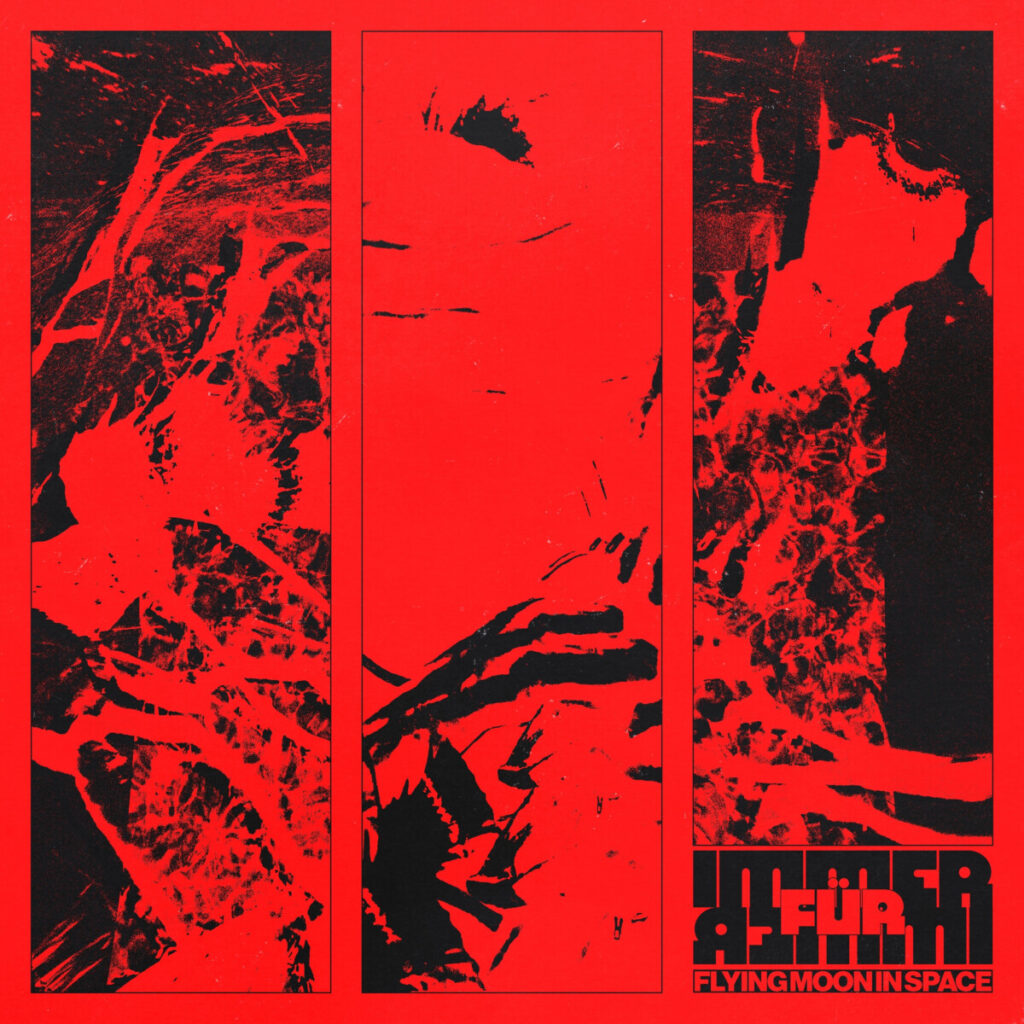Nivraym Revisited by Koenjihyakkei–Album Review
Nivraym Revisited by Koenjihyakkei–Album Review
Koenjihyakkei is an avant-garde Japanese Zeuhl band doing a completely unique mix of progressive jazz fusion. That’s the easiest way to describe a band that actually defies confinement to any particular genre. They’ve been hailed by numerous sources as brilliant, innovative, and ahead of their time. Their 2018 LP Dhorimvishka was named Album-of-the-Year by Band Camp Daily. Mind you, this is from a completely different culture, so it’s not for everyone. But truly creative music rarely is.
They’ve been hailed by numerous sources as brilliant, innovative, and ahead of their time.
The album reviewed here is Nivraym Revisited, which dropped on February 17th and is a re-recording of an album that was originally released in 2001. It’s a 12-track work with three of the tracks recorded live in 2001. The band is a five-piece, although a sixth member appears on the live tracks.
The three reissued live tracks are “Nivraym”, “Becttem Polit” and “Axall Hasck”, which were recorded at Club Goodman, sometimes called the Disneyland of Otaku, in Akihabara—a section of Tokyo. “Nivraym” starts with a majestic drum intro. It’s big, bold, and builds into the resounding chorus that cascades into the instrumentals–back and forth to a frenzied crescendo.
“Becttem Polit” is an almost schizophrenic piece of free-form that reminds me of Miles Davis and John McLaughlin. The band alters the melody drastically and suddenly, like a sensory overload of music and vocals.
“Axall Hasck” charges out of the gate with a pounding rhythm section, then slips into an uptempo but lighter segment followed quickly by major constant changes. Just as you think you’ve got this piece categorized, it changes into an almost rock guitar mode followed by what I can only call a Latin-influenced vocal bit. The keyboards on this are really strong, and the constant audio barrage is almost overwhelming!
The band really cuts loose on “Lessesoggi Zomn”. The longest song on Nivraym Revisited at ten minutes, twenty-six seconds, it’s a manic juxtaposition between light,
Every note, every nuance is planned out.
airy segments and powerful, almost machine-like progressions. The keyboard player,Taku Kabuki, and drummer, Yoshida Tatsuya, blend effortlessly together throughout this one and the way the vocals and guitar intersect is sublime.
The fourth cut on Nivraym Revisited is “Medderro Passquirr”, which starts with a steady, marching build-up that’s interspersed with pulsating vocals. It quickly evolves into a back-and-forth mixture of light, playful rhythms with fast-pounding vocal bursts that build throughout the work with changing tempos.
Tatsuya Yoshida
“Maschtervoz” begins strong and pounding, but promptly develops an almost lounge-like rhythm before evolving into machine-like vocal chants. It’s very dissonant and hits a crescendo just before the fade.
“Vissqaguell” is such a complex work that it’s hard to believe it’s just a five-piece playing it. It’s fast paced and in your face, but alternates to some short, subtle areas that give you a sense of calm that is always temporary. The keyboards absolutely shine on this track.
On “Valiczeremdoss”, the keyboards almost blend into the rhythm section before the chorus kicks things into high gear. The words seem to ping pong back and forth between a strong lead vocal and a hyper-pulsating chorus.
True innovation is rarely understood and even more rarely appreciated.
The ninth cut is “Gasstrumm”. In this guitar and keyboard piece, each musician plays a tour de force—one protagonist against the other until the final minute when they join forces to bring the momentum to its end. Among all the powerful cuts on this wonderful record, this track manages to stand above the rest.
It’d be easy to call Nivraym Revisited controlled cacophony or a schizophrenic symphony, but that would be a cop-out. Every note, every nuance is planned out. I can’t help but wonder if this is what Frank Zappa would’ve evolved into had he not passed away in 1993. True innovation is rarely understood and even more rarely appreciated. I’m glad more and more people have taken note of Koenjihyakkei’s extraordinary talents.
Gallery
Recent Articles
Can Molly Mend Your Marriage?
•
February 16, 2026
Immer Für Immer by Flying Moon in Space–Album Review
•
February 13, 2026

Loading...




